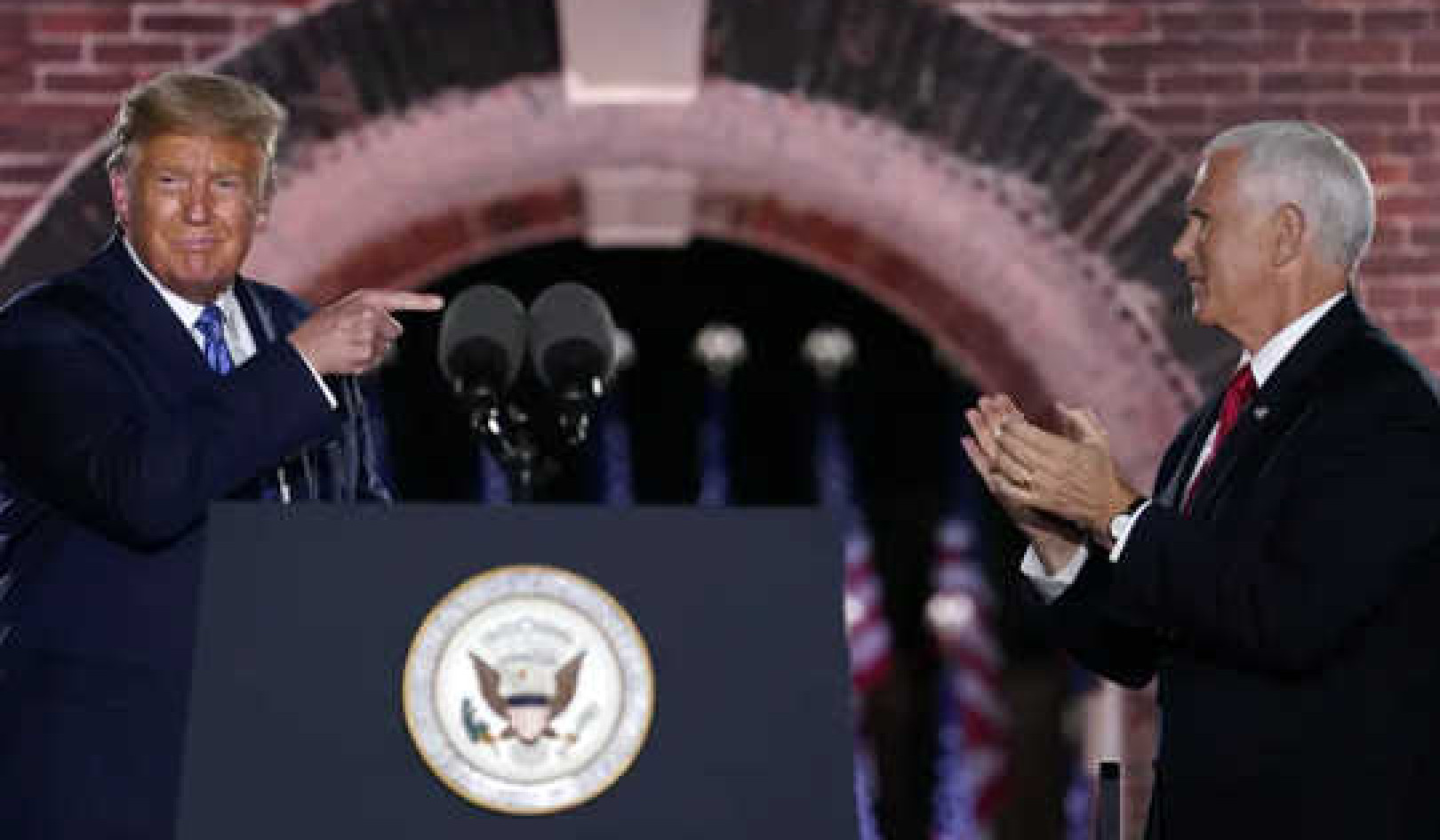
 apitalism, democracy, and liberal education are the crowning achievements of the mental age of evolution in which the mind evolves so that more and more people engage the faculties of the mind. There is something special about these three institutions that requires discussing them together. These three represent a quantum leap in ordinary people's access to what the mind does best: process deep questions of meaning — the meaning of the world, the meaning of their lives and feelings, the meaning of deep experiences of love and spirituality, and so forth.
apitalism, democracy, and liberal education are the crowning achievements of the mental age of evolution in which the mind evolves so that more and more people engage the faculties of the mind. There is something special about these three institutions that requires discussing them together. These three represent a quantum leap in ordinary people's access to what the mind does best: process deep questions of meaning — the meaning of the world, the meaning of their lives and feelings, the meaning of deep experiences of love and spirituality, and so forth.
The first thing you must notice is that all three institutions evolved to correct what went before, when the prevalent social institutions restricted meaning processing to a privileged few. For example, before capitalism, we had feudalism, in which the economy was owned and manipulated by the few people in power. Of course, before democracy, power belonged mostly to the monarchy — kings and their courtiers — shared to some extent by religious hierarchies in countries and cultures where spirituality was ruled by organized religion. And before liberal education, hardly any education in the service of meaning was available to common people except perhaps religious education.
From this background, capitalism evolved, and all of a sudden, a large number of people were controlling capital so that the discoveries and inventions of modern science and technology could produce fruit rapidly for the entire society. This gave rise to a quickly multiplying middle class, who became the centerpiece of meaning processing in modern societies.
Democracy: The Idea of Power Sharing By The Many
Democracy, likewise, began with the idea of power sharing by the many instead of by the few, and it became workable when the idea of representative democracy took hold. So although power remained concentrated, periodic elections made sure that power changed hands often enough to stop its being the tool for domination, a practice of negative emotion that creates separateness. Instead, it was recognized that the objective of democracy is to spread the privilege of meaning processing to all.
People who provided leadership toward the spreading of meaning were elected as leaders. Some American examples are Thomas Jefferson, Abraham Lincoln, Franklin Roosevelt, and John Kennedy. Their positive use of power helped evolve their respective societies to achieve eventually new heights of greatness.
Democracies use liberal education to spread meaning processing. On the other hand, the institution of capitalism depends on liberal education turning out people to serve as the labor force for business and industry. Notice that early ideas of liberal education emphasized meaning processing as primary and preparation for jobs as secondary. How different this is from today's job-centered education in which preparation for jobs has become the primary goal of education and meaning processing has been relegated to a secondary role.
The Essence Of Education Is To Serve Evolutionary Enhancement
In Thomas Jefferson's self-written epitaph, there is no mention of his being president of the United States, but it is mentioned that he established the University of Virginia. This seems surprising until you realize that Jefferson, one of the architects of modem democracy, understood perfectly the evolutionary reason for democracy: it is not for the sharing of power per se, but to bring power to the service of people, so that people in all spheres of life can, with the help of liberal education, engage in meaning processing.
In other words, the founding fathers of this country were very clear that the essence of education is to serve evolutionary enhancement of the processing of meaning and values.
 Capitalism best serves the spreading of meaning processing in a democracy when a general (as opposed to specialized) system of education such as what traditional liberal education provides is in place to produce the labor force. Democracy thrives best when capitalism guides the economy and liberal education educates the electorate. And liberal education with an emphasis on meaning is possible only when there is a large middle class (for which capitalism is needed) and when the middle class is free to process meaning (for which democracy is needed).
Capitalism best serves the spreading of meaning processing in a democracy when a general (as opposed to specialized) system of education such as what traditional liberal education provides is in place to produce the labor force. Democracy thrives best when capitalism guides the economy and liberal education educates the electorate. And liberal education with an emphasis on meaning is possible only when there is a large middle class (for which capitalism is needed) and when the middle class is free to process meaning (for which democracy is needed).
Capitalism, Democracy, and Liberal Education Are Connected with A Common Goal
In this way, capitalism, democracy, and liberal education are connected at base with the common goal of the spreading of meaning processing among people so that humankind can evolve their minds. Today, we have lost sight of this lofty evolutionary goal. Education has lost meaning and value as its driving force and instead has become job training in the various technologies that materialist science regularly produces. Democratic leaders increasingly opt for the negative use of power to dominate over its positive use in spreading the processing of meaning to more people. And capitalism once again is moving toward a concentration of capital in a few hands—capital sharing and the idea of a meaning-processing middle class forgotten. I think that many of the problems these institutions are facing today arose because of this.
The job of quantum activism is also now clear: to bring back meaning processing as the centerpiece of human societal and cultural institutions because evolution demands it. How do we do it for our economics? We do it by generalizing Adam Smith's capitalism, which recognizes only our material needs, to include our subtle and spiritual needs as well. I call this new economics "spiritual economics" (Goswami 2005; see also chapter 14).
The job of straightening out democracy is similar. The founders of democracy left spiritual principles implicit, at best. We must include the subtle and spiritual dimensions explicitly in the pursuit of democratic ideals. But even this is only a beginning.
The Job of The Quantum Activist
Democracy is much degraded because of our unabashed tendency toward negative emotions and because we choose our leaders in a way that requires no recognition of the leaders' emotional intelligence. This has to change, but the job of the quantum activist is cut out for this one. We also need to bring people of sattva into the political arena, but the current domination of the political arena by media and money makes this very difficult.
For liberal education, our primary challenge is to replace the very limiting ideas of materialist science and primacy of matter with the ideas of new science and the primacy of consciousness. Once this is done, liberal education can go back to its Jeffersonian roots.
*subtitles by InnerSelf
Copyright 2011 by Amit Goswami, Ph.D.
Reprinted with permission of Hampton Roads Publishing Co.
Dist by Red Wheel Weiser, www.redwheelweiser.com
 Article Source:
Article Source:
How Quantum Activism Can Save Civilization: A Few People Can Change Human Evolution
by Amit Goswami.
Click here for more info and/or to order this book.
About the Author
 Amit Goswami, Ph. D. is a professor of physics (retired) at the University of Oregon, Eugene, OR where he has served since 1968. He is a pioneer of the new paradigm of science called science within consciousness an idea he explicated in his seminal book, The Self-Aware Universe. Goswami has written six other popular books based on his research on quantum physics and consciousness. In his private life, Amit Goswami is a practitioner of spirituality and transformation. He calls himself a quantum activist. He was featured in the film "What the Bleep Do We Know?" and its sequel "Down the rabbit hole" and in the documentary "Dalai Lama Renaissance" and the award winning "The Quantum Activist." You can find more information about Amit Goswami at the website www.AmitGoswami.org.
Amit Goswami, Ph. D. is a professor of physics (retired) at the University of Oregon, Eugene, OR where he has served since 1968. He is a pioneer of the new paradigm of science called science within consciousness an idea he explicated in his seminal book, The Self-Aware Universe. Goswami has written six other popular books based on his research on quantum physics and consciousness. In his private life, Amit Goswami is a practitioner of spirituality and transformation. He calls himself a quantum activist. He was featured in the film "What the Bleep Do We Know?" and its sequel "Down the rabbit hole" and in the documentary "Dalai Lama Renaissance" and the award winning "The Quantum Activist." You can find more information about Amit Goswami at the website www.AmitGoswami.org.
Watch a video with Amit Goswami: The Science of Quantum Consciousness





























